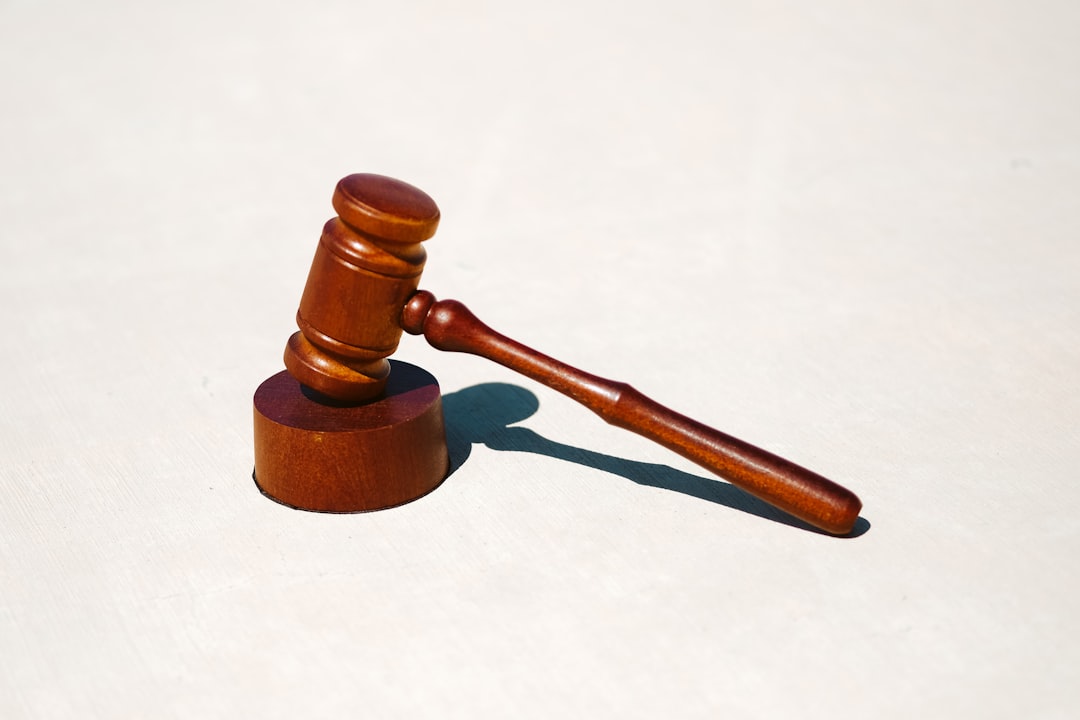Navigating a sexual assault case in Texas can be complex, with intricate legal nuances and emotional challenges. An experienced sexual assault lawyer Texas is invaluable, providing crucial guidance and support throughout the process. This article explores key aspects of sexual assault cases in Texas, emphasizing the importance of skilled counsel. From understanding relevant laws to building a robust case, we delve into strategies that can make all the difference. Additionally, resources for survivors are highlighted, ensuring a comprehensive approach.
Understanding Sexual Assault Laws in Texas

In Texas, sexual assault is taken extremely seriously and is classified as a felony. The state has stringent laws in place to protect victims and hold perpetrators accountable. A sexual assault lawyer in Texas is crucial for navigating this complex legal landscape. They can help guide victims through the process, ensuring their rights are protected throughout.
Understanding the nuances of Texas sexual assault laws requires expertise. These laws cover a range of offenses, from indecent exposure to aggravated sexual assault. A qualified attorney will be well-versed in these distinctions and can advocate for the most appropriate charges against the accused. They will also ensure that victims’ rights, such as confidential reporting and access to support services, are respected and upheld.
The Role of an Experienced Legal Counsel

When facing a sexual assault charge in Texas, having an experienced legal counsel by your side is invaluable. A skilled sexual assault lawyer in Texas understands the complexities of these cases and knows how to navigate the legal system effectively. They play a crucial role in protecting your rights and ensuring you receive a fair trial.
An experienced attorney will thoroughly examine the evidence, challenge any procedural errors, and build a robust defense strategy tailored to your unique situation. They can provide guidance during interrogations, help manage potential media attention, and offer emotional support throughout the legal process. Their expertise in Texas laws related to sexual assault is instrumental in achieving the best possible outcome for their clients.
Building a Strong Case: Strategies and Evidence

Building a strong case for a sexual assault claim in Texas requires meticulous strategies and thorough evidence collection. A seasoned sexual assault lawyer in Texas will begin by gathering detailed accounts from the victim, understanding the sequence of events, and identifying potential witnesses. This initial step is crucial as it helps to establish a clear timeline and corroborate the victim’s story.
Evidence plays a pivotal role in securing a favorable outcome. This can include physical evidence like medical records detailing injuries or sexual assault kits, as well as digital evidence such as text messages, emails, or security footage from the scene. Additionally, expert witnesses specializing in forensics, psychology, or trauma care can provide valuable insights and help navigate complex legal procedures. A sexual assault lawyer in Texas will expertly weave this evidence into a compelling narrative to ensure the best possible representation for their client.
Support and Resources for Survivors in Texas

In the aftermath of a sexual assault, survivors in Texas can access a range of support and resources designed to help them heal and rebuild their lives. Many organizations offer confidential counseling services, legal aid, and advocacy for those who have experienced this traumatic event. These services are crucial for navigating the complex legal process associated with sexual assault cases, ensuring survivors receive justice and accountability from their perpetrators.
Legal counsel specialized in Texas sexual assault cases plays a vital role in advocating for survivors’ rights. A skilled sexual assault lawyer can provide guidance tailored to state laws, ensuring survivors understand their options and protections. With their help, victims can take decisive steps towards recovery, including pressing charges against assailants and seeking compensation for damages incurred due to the assault.




